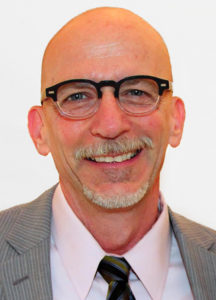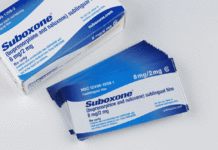nearly 20 percent of welfare recipients admitted to illicit drug use within a year of being surveyed, and women who received welfare were more likely to use drugs and experience addiction than non-receiving women. Medicaid services to these demographics would be phased out under the AHCA.
“It’s easy to say that the folks below the poverty level are going to be hit the hardest,” Hill said. “The cross section between poverty and addiction in many areas of this country is so prevalent that those folks are really going to be the most vulnerable. They won’t have the support of Medicaid, [and] they won’t have access to other health care systems in order to get better.”

Presently, not all Republicans have unified behind the AHCA as it’s currently presented, and Hill believes it’s because the new health care bill “doesn’t make sense for many politicians across the aisle. It’s been a bipartisan issue that the opioid crisis needs national attention and to gut Medicaid and other services that are designed to help these folks doesn’t really comport with that attitude.”
The U.S. Department of Health and Human Services has reported that since the Affordable Care Act was enacted by the 111th U.S. Congress in 2010, Ohio has witnessed a 47 percent decline in uninsured residents, which has allowed more people in the state receive addiction treatment — a noteworthy fact considering that Ohio has most recently become the face of the opioid epidemic for many.
A 2017 report by the NCBH revealed that expanded access to Medicaid paid for 35 to 50 percent of all medication-assisted addiction treatment in states like Maine, Ohio, Kentucky, West Virginia and Pennsylvania in 2014.
“States hardest hit by the opioid epidemic would be at greatest risk for coverage reductions if the Medicaid expansion is repealed,” the council stated.
The NCBH will continue to push against the changes the AHCA would impose on the Medicaid.
“We need advocates on all levels,” Hill said. “We definitely need them from grassroots communities, from people who have been profoundly affected by addiction, parents who have lost children to overdoses. We need to really step forward and talk about addiction and recovery in a way that the people who need help the most will get the help they deserve.”















